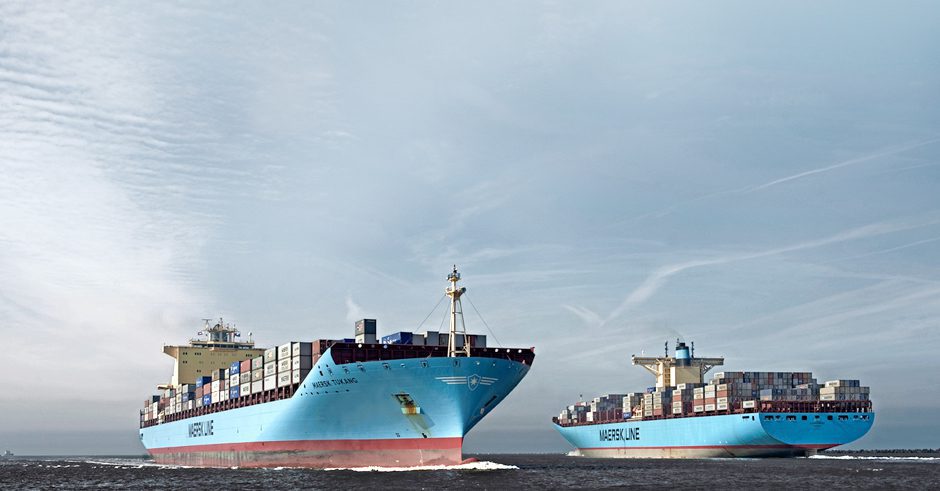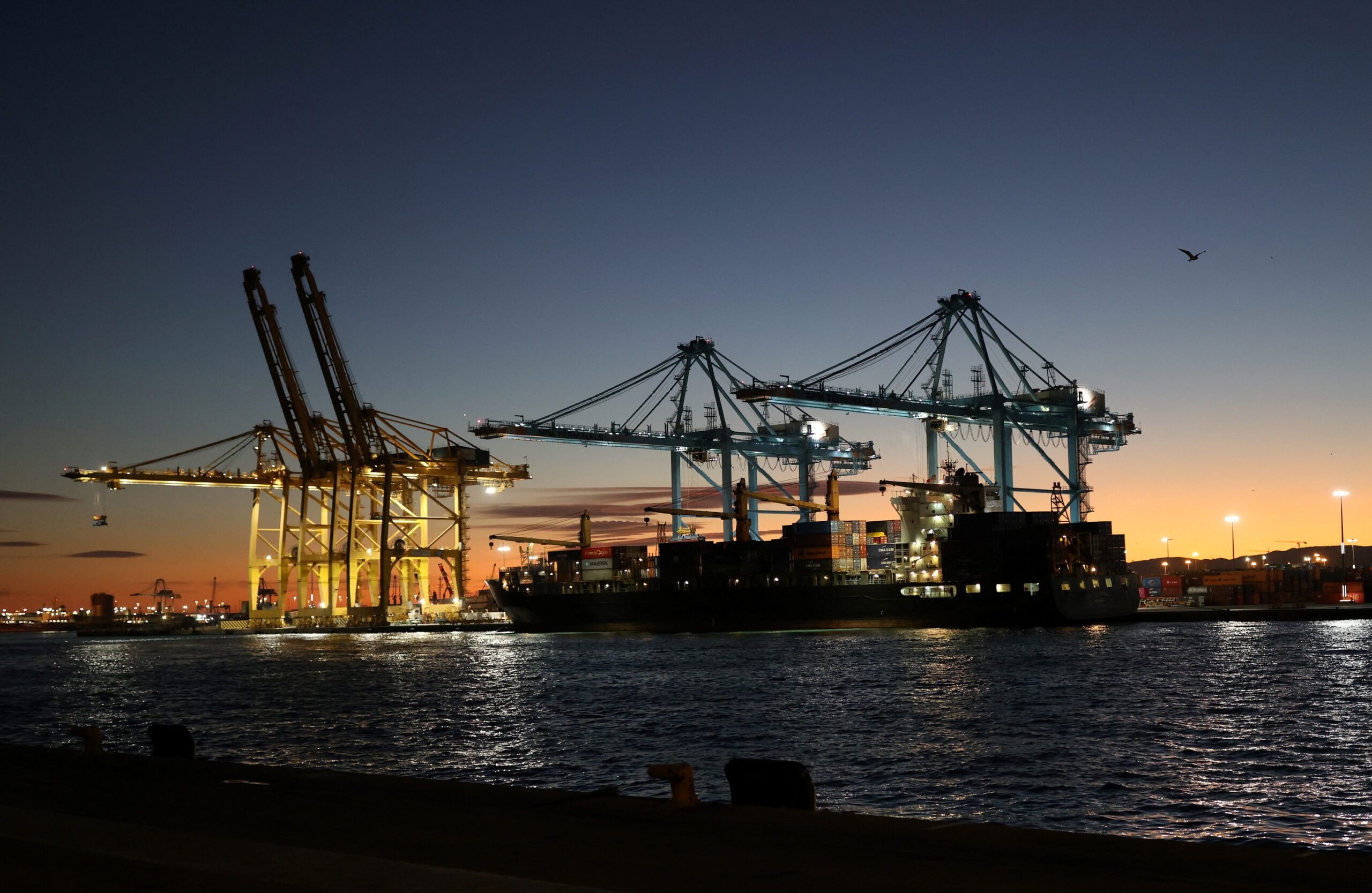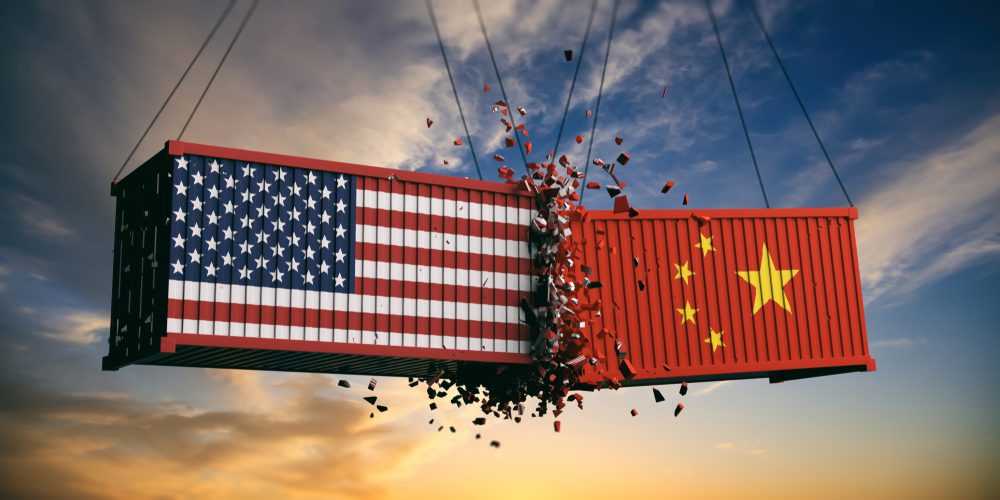Photo credit: Maersk Line
By Peter Levring
(Bloomberg) — The Nordic welfare utopias of former presidential candidate Bernie Sanders are feeling the pinch of slowing global commerce. And with Donald Trump now threatening to raise trade barriers, the economic model that feeds their welfare largess will likely come under further duress.
Denmark’s A.P. Moller-Maersk, the world’s largest shipping line, has already reported a dramatic drop in profit amid plummeting shipping rates while wind turbine maker Vestas Wind Systems has seen its shares plunge. Sweden saw the value of its krona sink to its weakest level in more than six years on the news that Trump had won the race to the White House.
The unexpected result of the U.S. election is seen as further evidence of what the World Trade Organization calls “the threat of creeping protectionism.” On Nov. 10, it slashed its trade growth projection for 2016, to 1.7 percent from 2.8 percent.
The trend spells trouble for Scandinavia’s small and open economies, which rank high in the KOF worldwide Globalization Index. One potential victim is their generous welfare states, as it relies on a strong, export-driven economy.
“So far, their view on trade has been a bit worrying, no doubt about it,” Swedish Prime Minister Stefan Lofven said of Trump and his team.
Denmark’s growth forecasts were already trimmed in the wake of the decision by one of its biggest trading partners, the U.K., to leave the European Union. Now, further downward revisions are expected following Trump’s upset in Denmark’s third-largest export market.“This will challenge us in the same way as Britain leaving the EU,” Danish Prime Minister Lars Lokke Rasmussen said.
Nordea Bank AB, the Nordic’s biggest lender, openly talks of a potential “trade war” because of Trump’s anti-globalization stance during the election campaign.”With Trump as president there’s now concern over global trade as trade agreements may be rolled back or adjusted,” said Otto Friedrichsen, equity strategist at Formuepleje, a Danish fund with a portfolio of about 10 billion ($1.5 billion) kroner of equities. “There’s a fear we might now see trade barriers or other restrictions, and that’s bad for companies in the transport sector.”
There’s at least one Scandinavian multinational that’s smiling, however.
Novo Nordisk, the world’s largest insulin maker, saw it’s shares tumble as it endured a political attack from Sanders over its retail prices. But its shares bounced back after the U.S. presidential election, with Friedrichsen noting that “the risk of massive interventions from the government on insulin prices have been massively reduced with Trump as president.”
© 2016 Bloomberg L.P

 Join The Club
Join The Club











